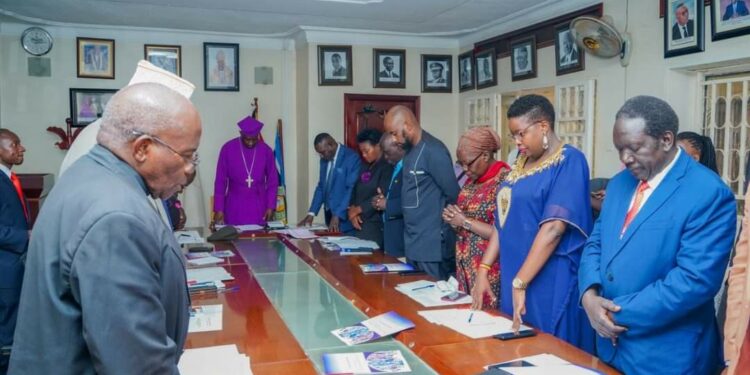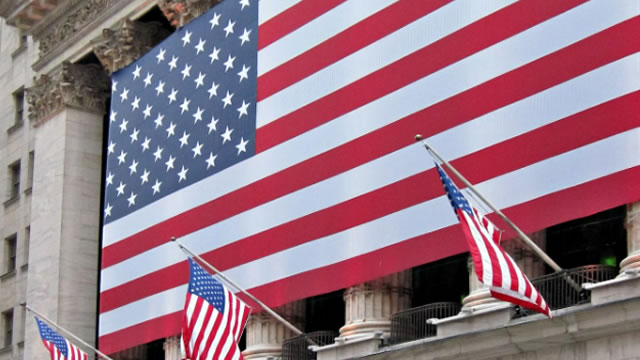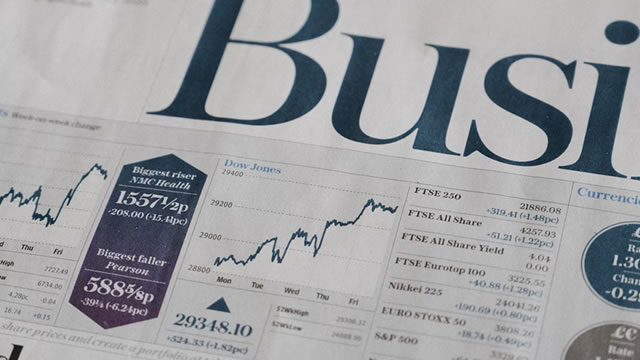Faith and Politics Collide: United Forces of Change Challenges Religious Leaders Over Keeping Silent in the Face of Government’s Ill Actions
In a tense meeting with religious leaders in Uganda, the United Forces of Change, a political coalition did not mince words as they castigated the spiritual leaders for siding with the government as it breaks laws
The interaction, held under the auspices of The Inter Religious Council of Uganda, turned into a charged exchange as the political representatives accused the religious leaders of betraying their principles by remaining silent in the face of government misconduct. The leaders of the United Forces of Change argued that the religious leaders have a moral duty to speak out against injustices and corruption, regardless of the consequences.
The religious leaders, on the other hand, defended their position by stating that they prefer to work behind the scenes to influence change and that publicly opposing the government could have negative repercussions for their communities. This clash of ideologies has highlighted the complex relationship between faith and politics in Uganda, where religious institutions have historically played a significant role in shaping public opinion and policy.
The Impact on Individuals
For individuals in Uganda, the confrontation between the United Forces of Change and the religious leaders could lead to a reevaluation of their beliefs and values. It may prompt them to question the role of religion in politics and the responsibilities of religious leaders in speaking out against injustice. This could ultimately lead to a more engaged and informed citizenry, who are willing to hold both their political and spiritual leaders accountable for their actions.
The Global Impact
On a global scale, the conflict between faith and politics in Uganda serves as a reminder of the challenges faced by societies where religious institutions wield significant influence. It highlights the importance of maintaining a separation of church and state to ensure that neither authority oversteps its bounds. The outcome of this confrontation could have far-reaching implications for the future of religious and political freedom in Uganda and beyond.
Conclusion
The clash between the United Forces of Change and the religious leaders in Uganda has ignited a passionate debate about the intersection of faith and politics. It has forced both sides to confront their beliefs and principles, while also raising important questions about the role of religion in shaping society. Whether this conflict leads to greater accountability and transparency in government, or deeper divisions within the community, remains to be seen. But what is clear is that the struggle between faith and politics is far from over, and will continue to shape the future of Uganda and the world at large.





